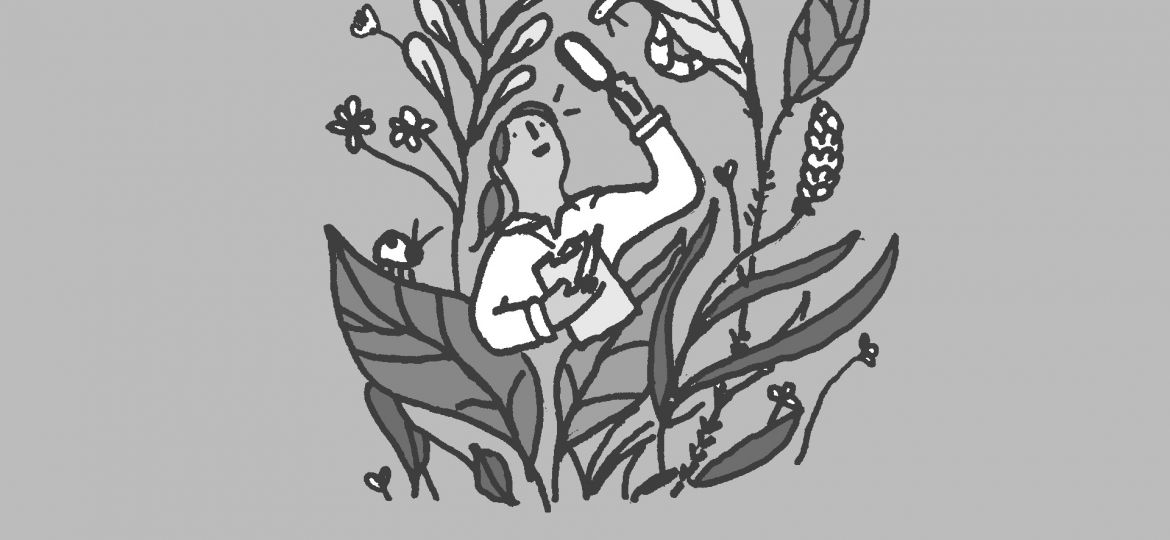
“The mountains are calling and I must go, and I will work on while I can, studying incessantly.”
In Yosemite Valley, 1873, John Muir wrote these words in a letter to his sister. He had finished a five-week expedition through the Sierra Nevada mountains of California. It became his life’s work to advocate for the preservation of wilderness in the United States. Picking up his pen after each adventure, he wrote letters, essays and books detailing his experience with the sublime.
Nature demands to be experienced. We can save a picture as our computer background or listen to hours of leaves rustling in a white-noise soundtrack, but neither compares to the physicality of standing in front of a mountain and looking up. The sheer magnitude of our natural world is breathtaking. It cannot be mediated through technology or artistic skill.
When we study plant physiology and learn about tectonic plates, we gain the terminology to describe how the world functions. Students who study biochemistry can explain every detail of the Krebs cycle by the end of the semester. However, there is a distance between theory and practice. Knowledge needs to be grounded in physical application, and the laboratory component of science classes are intended to provide this bridge anchoring the two points together.
In his writing, Muir describes the call of the mountains. He scratches his pen against a sheet of paper to remind us that there is more to life than four walls. It is essential that we study science while steeped in nature.
We need to remember what our knowledge means. The bonding of a proton to NADP+ gives life to plants and allows us to breathe and hike and enjoy the world around us. The infinity of atoms bustling into each other to produce the macroscopic infinity of natural phenomenon is ineffable.
The whistling of the wind through the trees. The trill of a bird in the distance. The gurgling of a thawing creek as ice floats down, bumping over rocks and branches embedded in the mud below.
We cannot hope to understand everything, but we can understand that the world is beautiful and that we are a part of this beauty. We are called to protect and appreciate this little blue-green planet we call home..
imdiek1@stolaf.edu
Amy Imdieke is from
Northfield, MN.
Her majors are chemistry and English.

